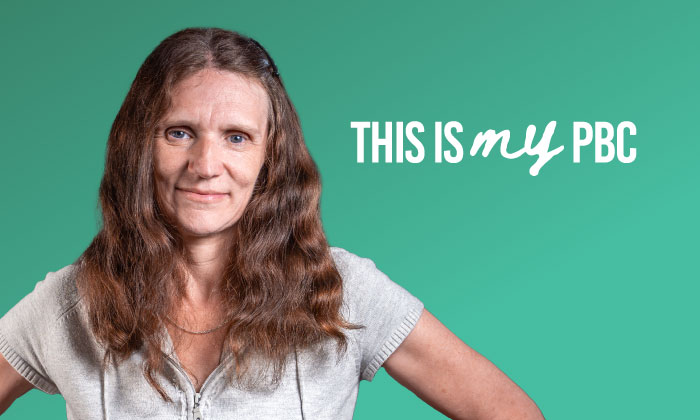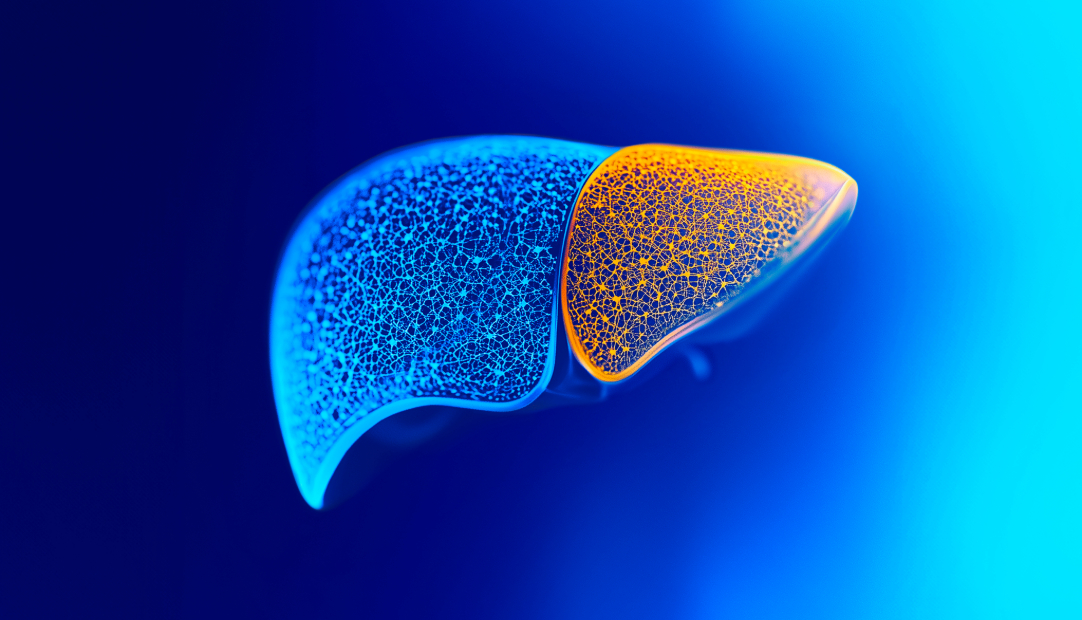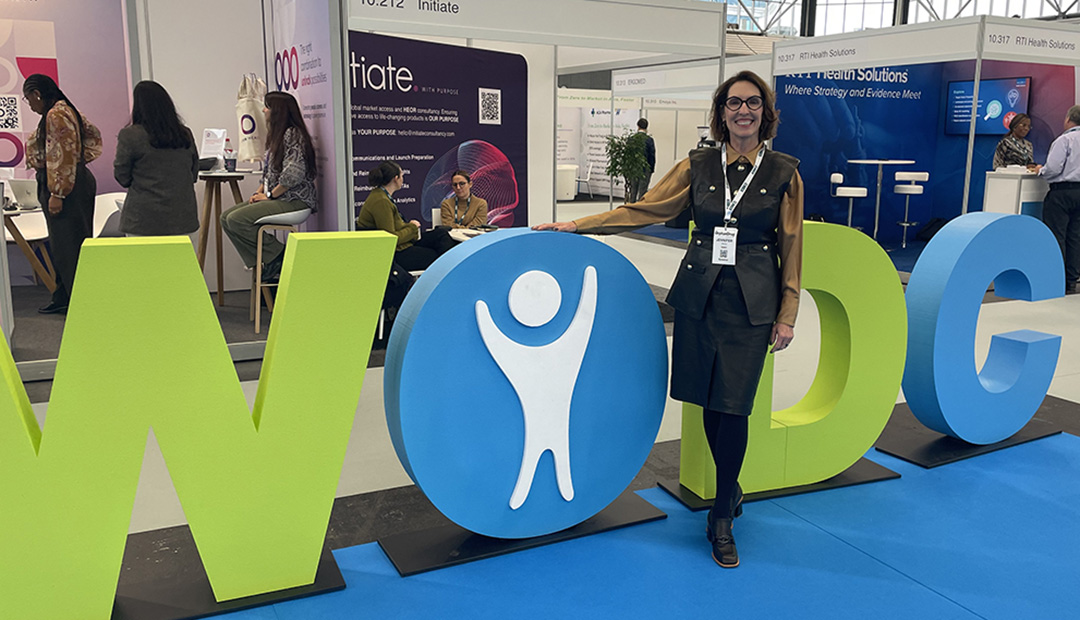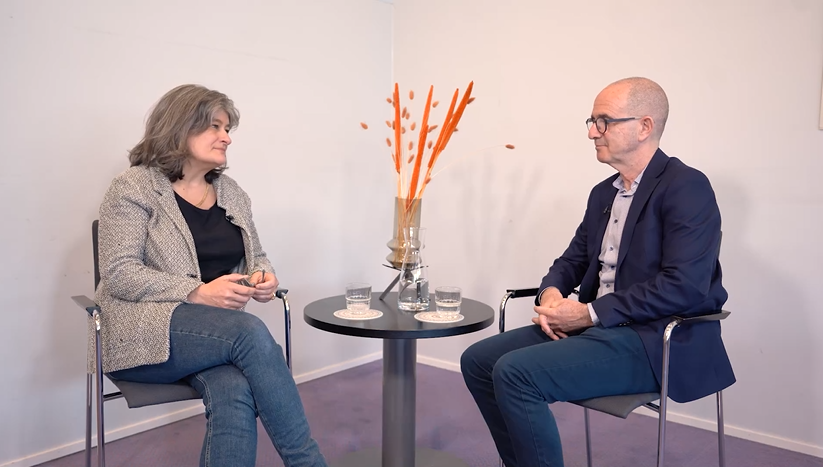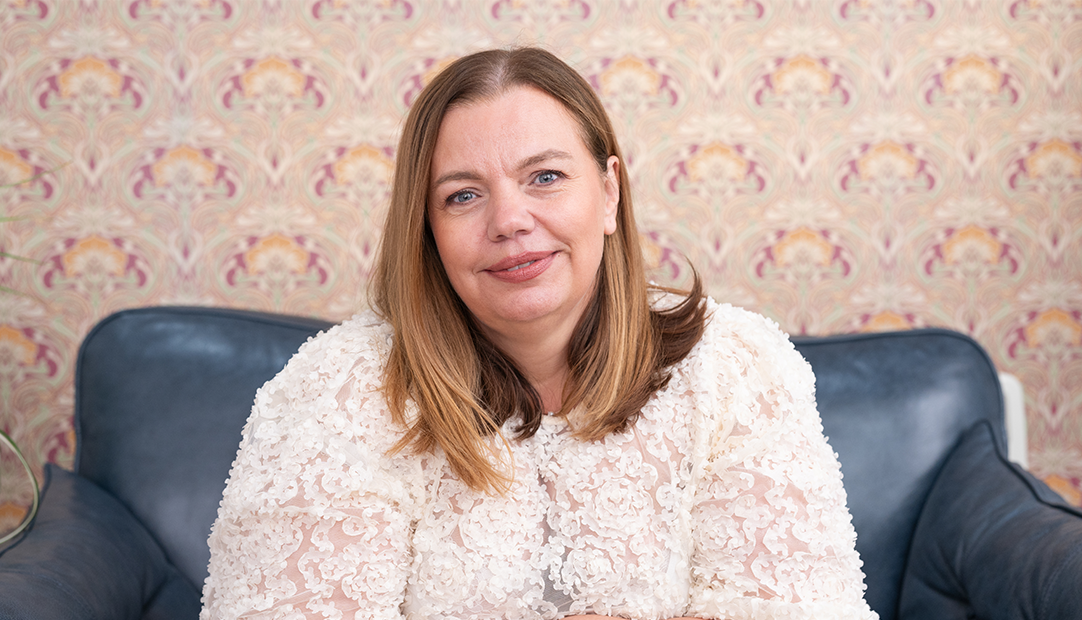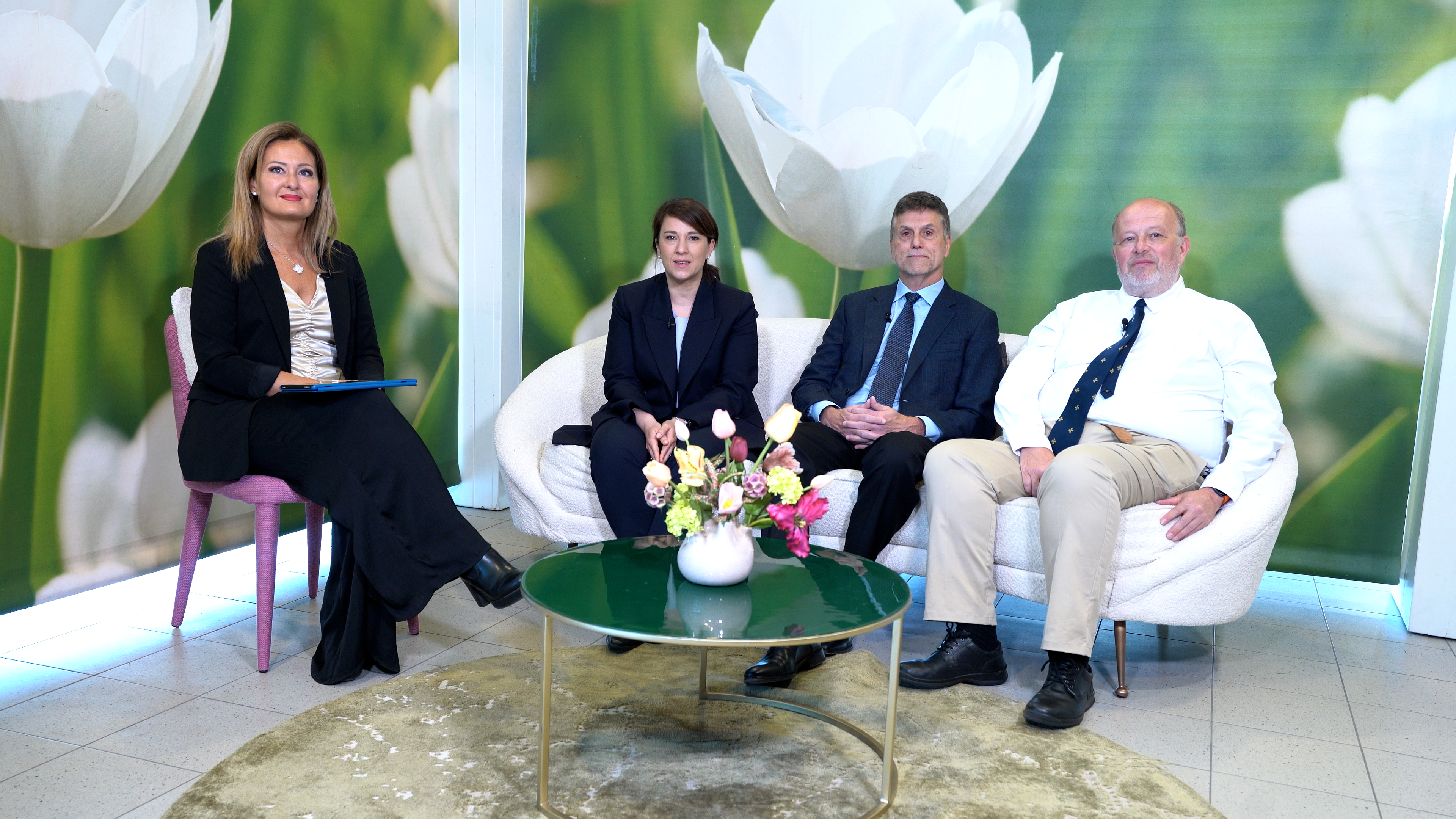Looking after a loved one with Progressive Familial Intrahepatic Cholestasis: Francesca’s Story
A few months after Eva Luna was born, her mother Francesca realized something wasn’t quite right. Within the span of a few days, their world was turned upside down when her daughter was diagnosed with a rare liver disease, known as Progressive Familial Intrahepatic Cholestasis (PFIC). Francesca describes her daughter as her “miracle” Eva Luna, now five, is thriving, dancing, and recently started school.
IIn the first weeks after Eva Luna was born, everything was fine. “And then when she turned two and half months old, something changed in the color of her eyes and her skin, and she had a lot of diarrhea.” This prompted a trip to the Emergency Department, where within two days the doctors spoke the words that would change Eva Luna’s life forever; “I think it’s Progressive Familial Intrahepatic Cholestasis.”
Francesca describes that after the initial shock of her daughter’s diagnosis, she fell into a period of depression, and she couldn’t take care of Eva Luna for the first few months following the diagnosis. During this time, her husband Simone kept their family going and kept Eva Luna smiling.
PFIC is a rare liver disease that can pose significant challenges, particularly in young children. This spectrum of genetic disorders causes a build-up of bile in the liver. If left untreated, PFIC can lead to end-stage liver failure and require a liver transplant.
Following a successful surgery, known as an internal biliary diversion, Eva Luna’s itch became more manageable, and this was life changing. “She now has the chance to go to school, to dance, and do everything.”
“When she was growing, her itch was growing. Her itch was eating away at our life, like a monster.” – Francesca
Eva Luna’s diagnosis and treatment had a life-changing impact on the whole family, including her brother Ernesto, who is five years older. Siblings of children with rare diseases often face emotional challenges of their own, feeling isolation, anxiety, and confusion about the attention their sibling receives.
But that doesn’t mean they aren’t also a source of strength. “The biggest medicine against the itch is to keep her busy in activities. This is something that Ernesto understood first. They play a lot together; they fight a lot together. She needs him close to her, more than me or her father.” Their bond is one of love, laughter, and resilience: a reminder that siblings are often sources of strength in families living with rare disease.
Francesca’s experiences as a caregiver highlighted to her how vital connection and community can be: “It was very important to me to be in touch with the other mothers around the world. It gave me a lot of hope, because I saw their children grow, go to school and even have a normal life.” The association PFIC Italia Network was created for this reason, to ensure that families experiencing rare liver disease do not feel alone.
“I promised to myself that since something like that has happened to us, I have to use all my energy to help other mothers not feel so alone.”
To learn more about PFIC, visit the PFIC Network’s website here: https://www.pfic.org





